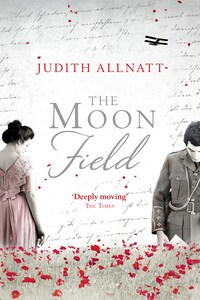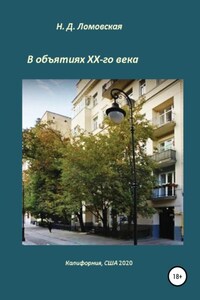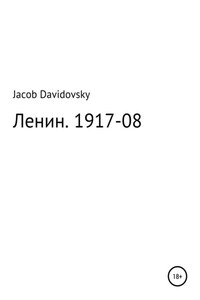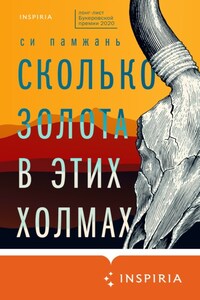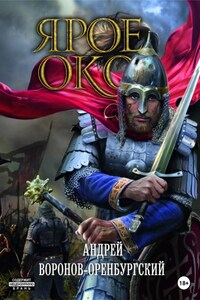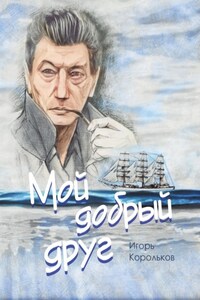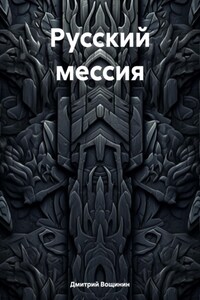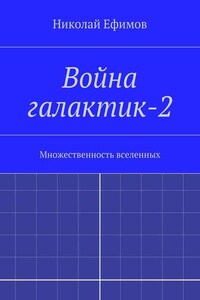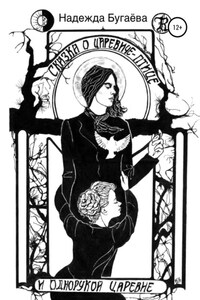Today would be the day. George touched the bulky package in the breast pocket of his postman’s uniform as if to check, one more time, that it was there. His best watercolour was pressed between the pages of his sketchbook to keep it flat and pristine, as a gift should be. He felt his heart beating against the board back of the book. All morning it had been beating out the seconds, the minutes and the hours between his decision and the act. Today, when he went on the last leg of his rounds, he would present Violet with the painting over which he had laboured. ‘As a token of my esteem,’ he would say, for, even to himself, he dared not use the word love.
In the sorting room at the back of the post office, he greeted the others, hung his empty bag on its hooks at the sorting table so that it sagged open, ready to be filled, and leant against the wall to take a few moments’ rest. The late-morning sun slanted down through the high windows, alive with paper dust that rose from the table: a vast horse-trough affair with shuttered sides. Kitty and her mother, Mrs Ashwell, their sleeves rolled up, picked at the choppy waves of letters, their pale arms and poised fingers moving as precisely as swans dipping to feed. Every handful of mail, white, cream and bill-brown, was shuffled quickly into the pigeonholes that covered the rear wall, each neatly labelled street by street.
‘I see Mrs Verney’s Christopher has a birthday,’ Kitty said as she pressed a handful of envelopes into ‘20–50 Helvellyn Street’.
‘He’s reached his majority,’ Mrs Ashwell said. ‘Let’s hope he’s soon home to enjoy it.’
Mr Ashwell, the postmaster, came in carrying a sack of mail over his shoulder. He nudged George and thrust the sack into his arms. ‘Dreaming again, George?’ he said. ‘You left this one by the counter right where I could trip over it.’
‘Sorry, sir,’ George said quickly.
Mr Ashwell made some show of dusting off his front and pulling his waistcoat down straight. ‘Concentration, young man,’ he said, giving George one of his straight looks. ‘Concentration is needed to make sure that work proceeds in an orderly manner.’ He stroked his moustache with his finger and thumb while continuing to fix George with his gaze. George felt his cheeks begin to burn.
Mr Ashwell said, without looking at his wife, ‘Very busy on the counter today, Mabel. Tea would be most acceptable. Arthur’s assistance sorely missed.’
Mrs Ashwell’s hands stilled amongst the letters and her back stiffened as if to brace herself against the thought of her son, so far from home. Through the doorway between the sorting room and the shop, she could see Arthur’s old position at the counter. The absence of his broad back and shoulders, of the familiar fold of skin over his tight collar and the neatly cut rectangle of brown hair at his neck struck her anew each time she let her glance stray that way. It was as though someone had punched out an Arthur-shaped piece of her existence and pasted in its place a set of scales and a view of the open post office door and the cobbled street beyond.
